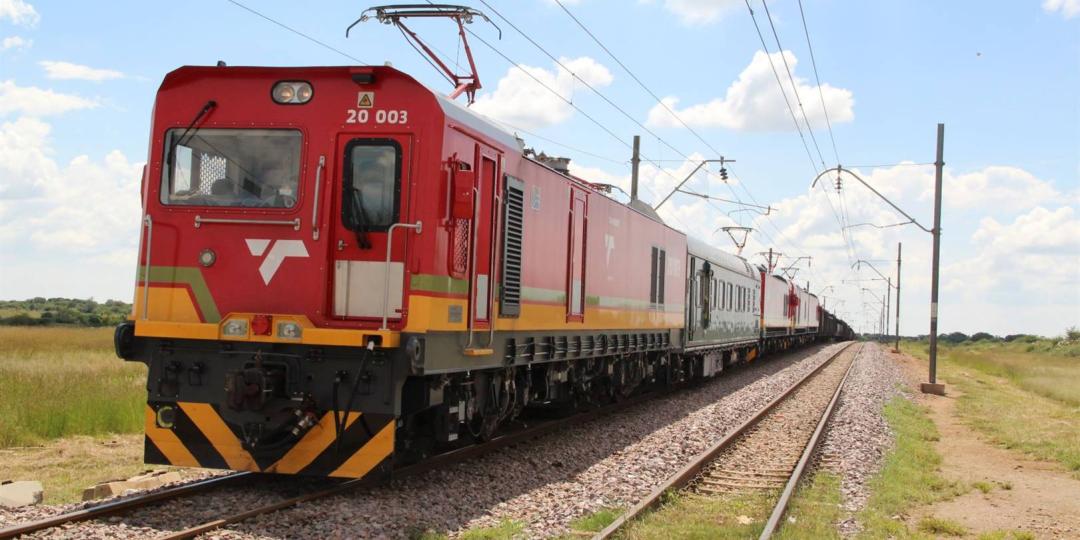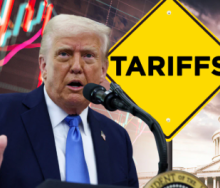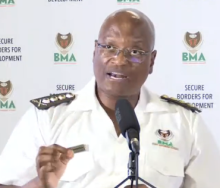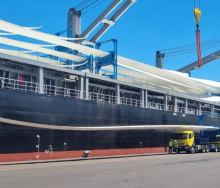The DA has welcomed Transnet's decision to bring in a private partner to take over the running of its Durban/Johannesburg corridor for the next 20 years, as a precursor to privatisation.
DA spokesperson on public enterprises, Ghaleb Cachalia, said Transnet’s inability to effectively run the trade corridor had been costly to the export sector and the economy. “This momentous decision is a critical first step in arresting the decline and infusing private sector innovation in running the corridor. What it cannot amount to is a ‘hospital pass’ to the private sector with onerous conditions and adjacencies that are the responsibility of the state,” Cachalia said.
“While we welcome this move by Transnet, we call on Transnet executives to ensure that this call for private partners is advertised both locally and internationally. South Africa should tap into the expertise of successful international freight rail logistics companies if we are to begin the process of securing our freight rail logistics and end the monopoly.”
By embracing the private sector as potential partners to improve operational efficiency, Transnet had essentially admitted that the state-led SOE model had failed, he added.
“The impact of this failure is widespread, as all major SOEs - Transnet, Eskom, SABC, Denel and Prasa - are on the verge of financial ruin and are looking to Treasury for bailout in one form or the other. If the country is to be freed from this SOE albatross, there needs to be a concerted effort across the board to bring in private sector participation and expertise.”
Without a privatisation drive, SOEs would remain “cesspools of corruption, dumping grounds for cadres, and a burden to taxpayers devoid of innovation and capital”, he said.
“To ensure its call for private participation is above board, Transnet should pursue a vigorous process evincing transparency and accountability. A private partner who will be able to increase transportation volumes on the Durban/Johannesburg corridor will not only be good for Transnet’s bottom line but will help to increase trade volumes with our trading partners; this is sorely required given the huge decline, associated delays, and impact on our roads.”













